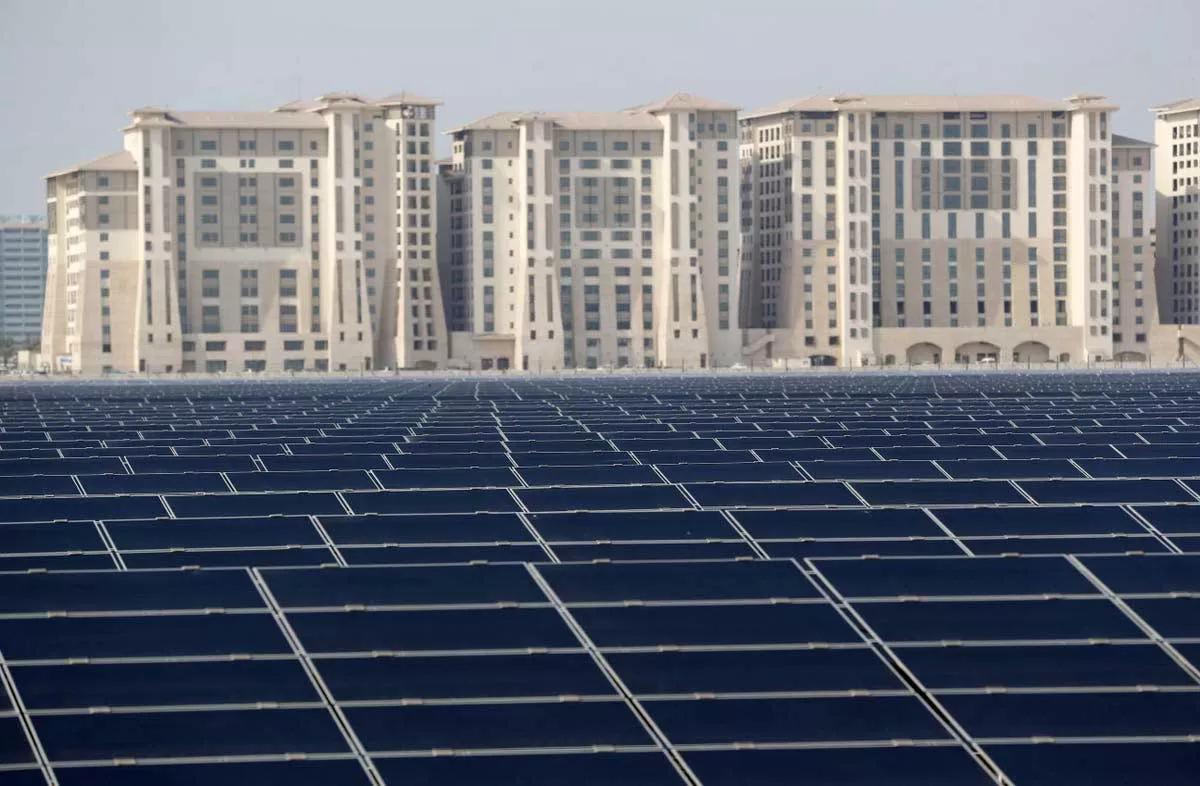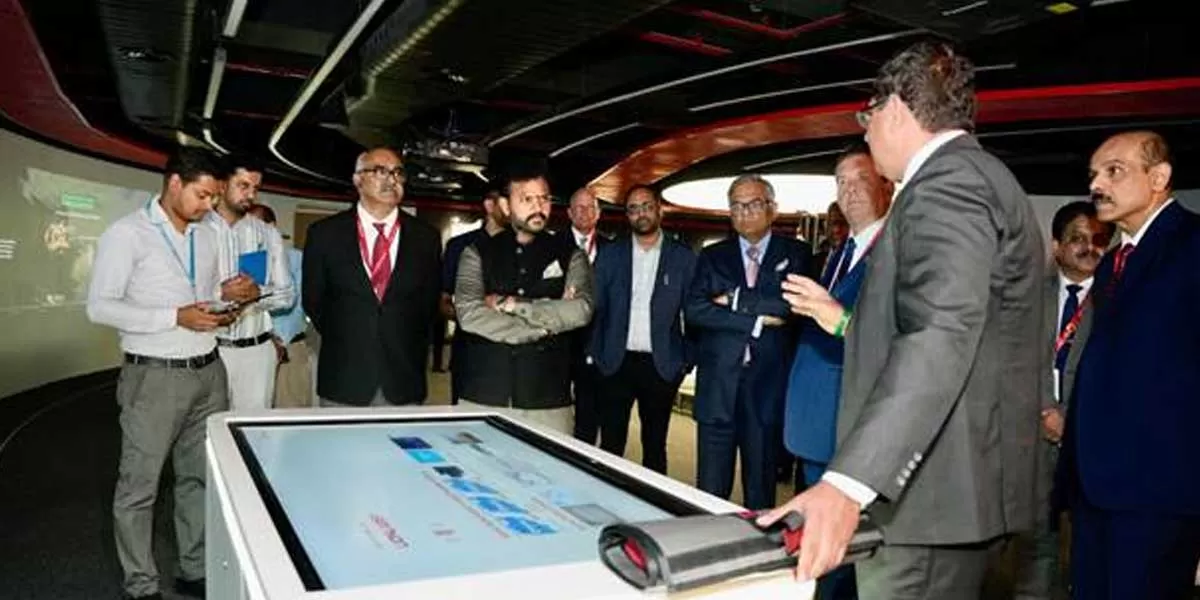
Delaying Clean Energy Investment Risks Higher Future Costs

Skyview by Empyrean to Develop Dehradun-Mussoorie Ropeway
FIL Industries Private Limited, the parent company of Empyrean Skyview Projects that pioneered ropeway mobility solutions in India with Jammu’s Skyview Gondola, is currently developing the Dehradun-Mussoorie ropeway and is on track to complete Phase I by September 2026. The ropeway is set to be India’s longest passenger aerial monocable covering 5.8 km between the foothills of Dehradun in Purkulgam and MDDA taxi stand in the hills of Mussoorie in just under 20 minutes. The firm pioneered green mobility solutions in India with the development of the flagship Skyview Gondola in Jam..

Akshay Kumar Sells Office in Mumbai for Rs 80 Million: Square Yards
Bollywood star Akshay Kumar has sold his office space in Lower Parel, Mumbai, for Rs 80 million, according to property registration documents reviewed by Square Yards on the website of Inspector General of Registration (IGR). The transaction was registered in April 2025.Lower Parel, one of Mumbai’s prime residential and commercial hubs, offers premium living spaces with seamless connectivity to business districts such as Bandra-Kurla Complex (BKC) and Nariman Point. Bollywood stars like Abhishek Bachchan, Shahid Kapoor, Amish Tripathi and Manoj Bajpayee, also own properties in Lower Parel, a..

Aviation Minister Unveils Air India Gurugram Safety Promotion Centre
Union Civil Aviation Minister Shri Ram Mohan Naidu visited Air India’s headquarters and training facilities in Gurugram, reaffirming the government’s focus on enhancing safety, training, and operational excellence in Indian aviation.During his visit, the Minister toured the Air India Experience Centre, highlighting the airline’s 92-year journey and its transformation under Vihaan.AI. He also reviewed critical infrastructure such as the Emergency Control Centre (ECC) and the Integrated Operations Control Centre (IOCC)—key hubs for ensuring operational resilience and punctuality.At the A..














